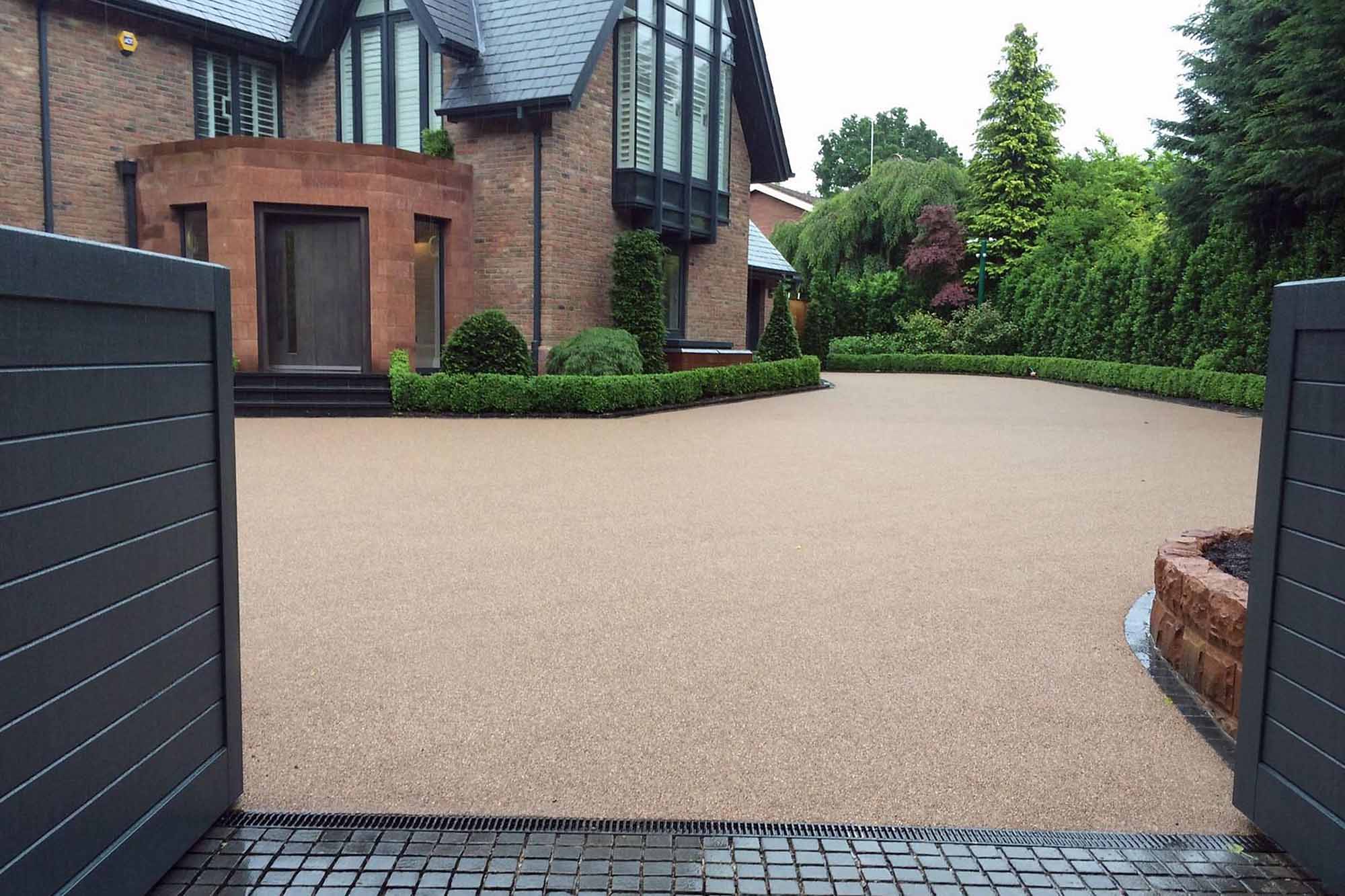
Resin Driveways: A Comprehensive Guide
Introduction
Resin driveways have gained immense popularity as a durable, low-maintenance, and aesthetically pleasing option for homeowners. This comprehensive guide will delve into the intricacies of resin driveways, covering their benefits, types, installation process, maintenance, and cost considerations.
Benefits of Resin Driveways
- Durability: Resin driveways are highly durable and can withstand heavy traffic and extreme weather conditions. They are resistant to cracking, fading, and wear and tear.
- Low Maintenance: Resin driveways require minimal maintenance. They do not need to be sealed or repainted, and they can be easily cleaned with a hose or pressure washer.
- Aesthetic Appeal: Resin driveways come in a wide range of colors and styles, allowing homeowners to customize their driveways to complement their homes and landscapes.
- Permeability: Some resin driveways are permeable, allowing rainwater to seep through and reduce surface runoff. This helps to mitigate flooding and improve drainage.
- Slip Resistance: Resin driveways have a textured surface that provides excellent slip resistance, even in wet conditions.
Types of Resin Driveways
- Bound Resin: Bound resin driveways are made from a mixture of resin, aggregate, and pigment. They are the most durable type of resin driveway and are suitable for heavy traffic areas.
- Unbound Resin: Unbound resin driveways are made from a mixture of resin and aggregate, without pigment. They are less durable than bound resin driveways but are more permeable.
- Decorative Resin: Decorative resin driveways are made from a mixture of resin, pigment, and decorative materials such as glass chips or colored stones. They are designed for aesthetic appeal rather than durability.
Installation Process
- Site Preparation: The first step is to prepare the site by excavating the area and creating a solid base.
- Laying the Sub-Base: A layer of crushed stone or gravel is laid down and compacted to provide a stable foundation.
- Installing the Resin Bound Layer: The resin bound layer is a mixture of resin, aggregate, and pigment. It is spread over the sub-base and compacted.
- Applying the Top Coat: A clear or colored top coat is applied to protect the resin bound layer and enhance its appearance.
Maintenance
- Cleaning: Resin driveways can be cleaned with a hose or pressure washer. Avoid using harsh chemicals or abrasive materials.
- Repairs: Minor repairs can be made using a resin repair kit. For larger repairs, it is recommended to consult a professional.
- Sealing: Some resin driveways may require sealing after a few years to maintain their durability and appearance.
Cost Considerations
The cost of a resin driveway varies depending on the size, type, and complexity of the installation. On average, homeowners can expect to pay between $40 and $80 per square foot.
Choosing the Right Resin Driveway
When choosing a resin driveway, consider the following factors:
- Traffic Volume: The type of resin driveway you need will depend on the amount of traffic it will receive.
- Drainage: If drainage is a concern, consider a permeable resin driveway.
- Aesthetics: Choose a color and style that complements your home and landscape.
- Budget: Determine your budget before starting the installation process.
Conclusion
Resin driveways offer a multitude of benefits, including durability, low maintenance, aesthetic appeal, and permeability. By understanding the different types, installation process, maintenance requirements, and cost considerations, homeowners can make informed decisions about whether a resin driveway is the right choice for their property.